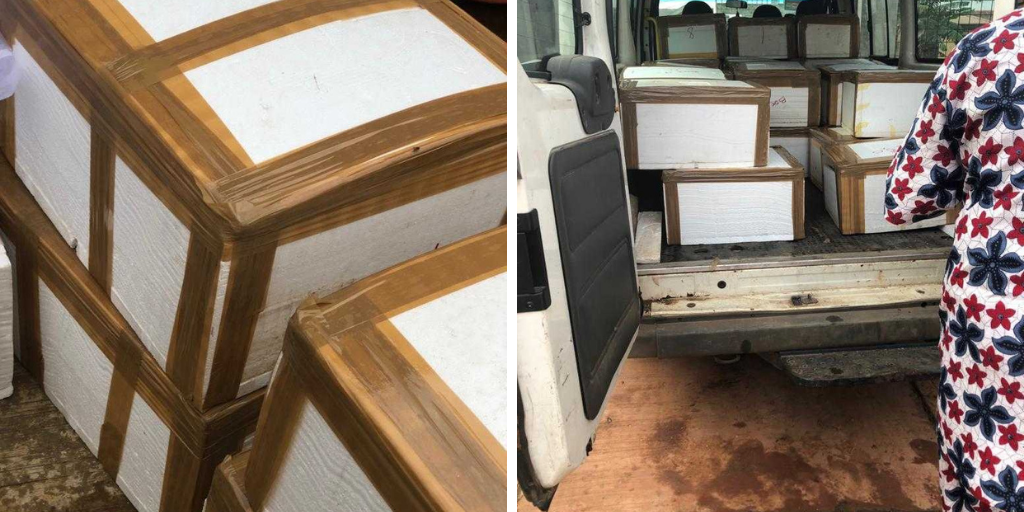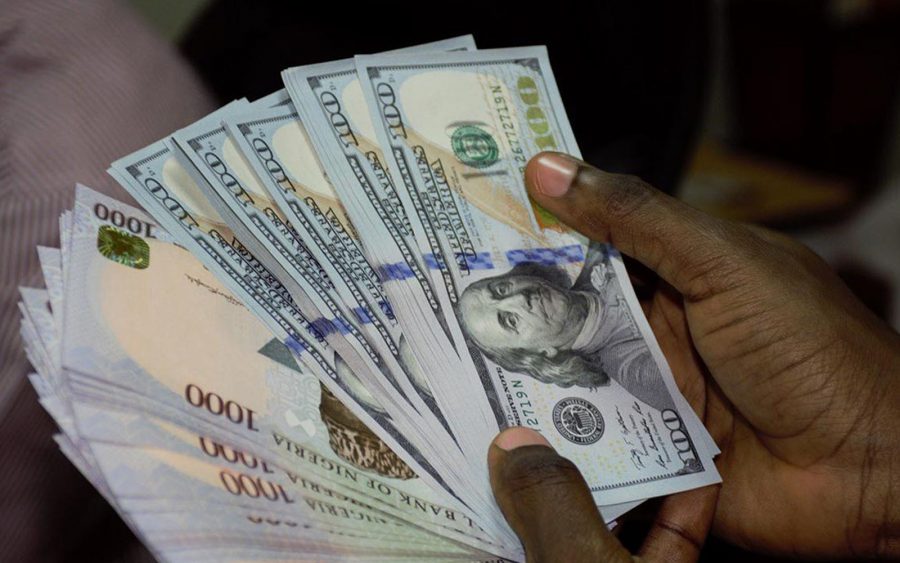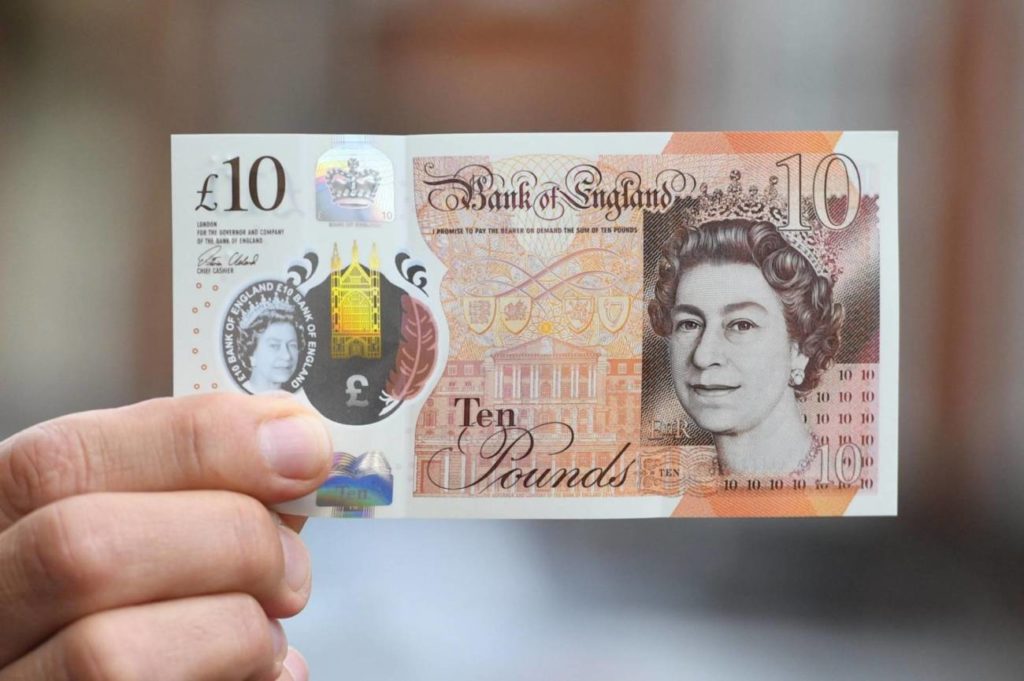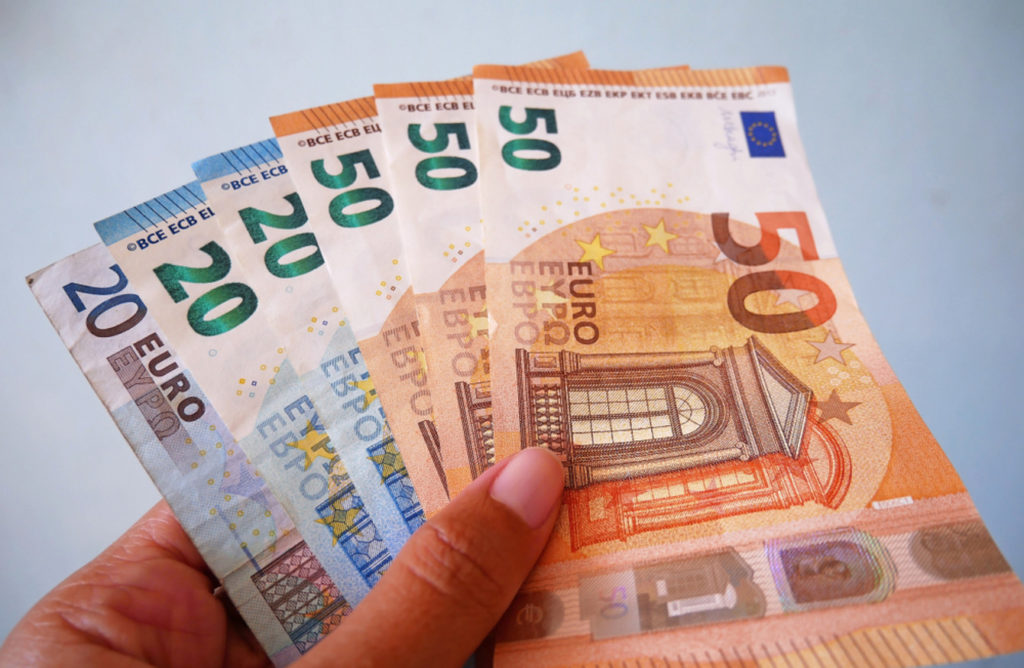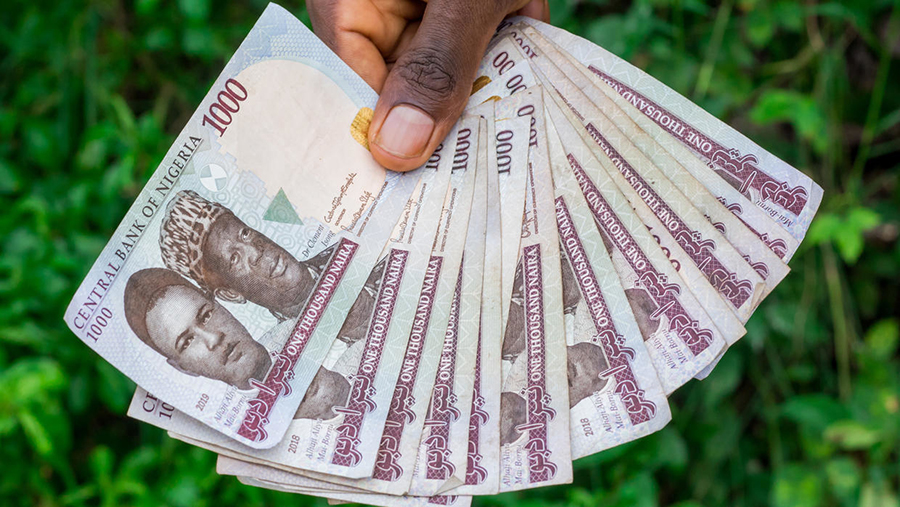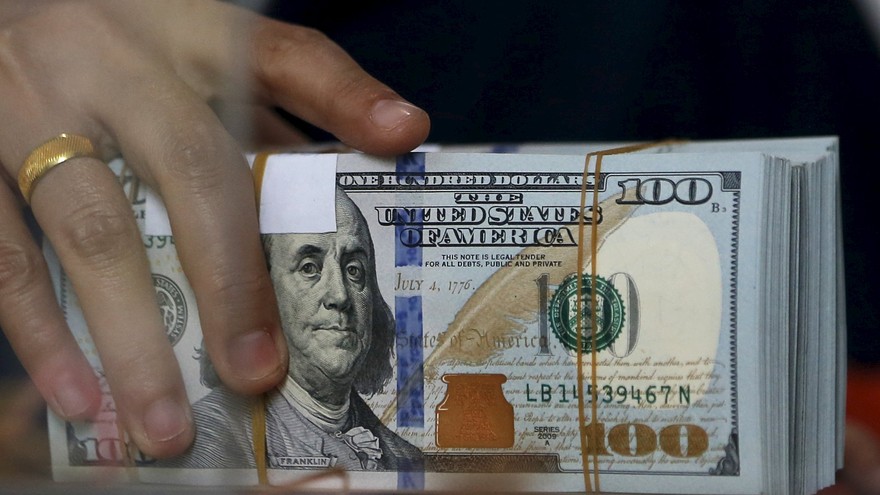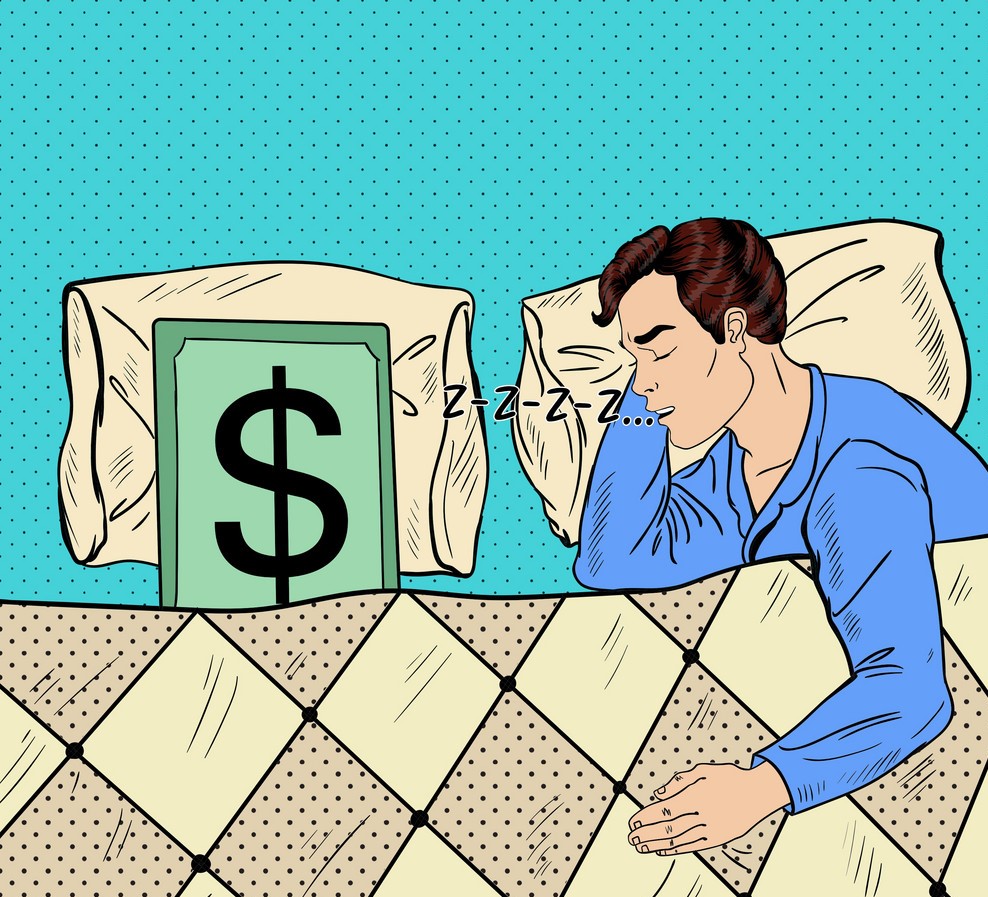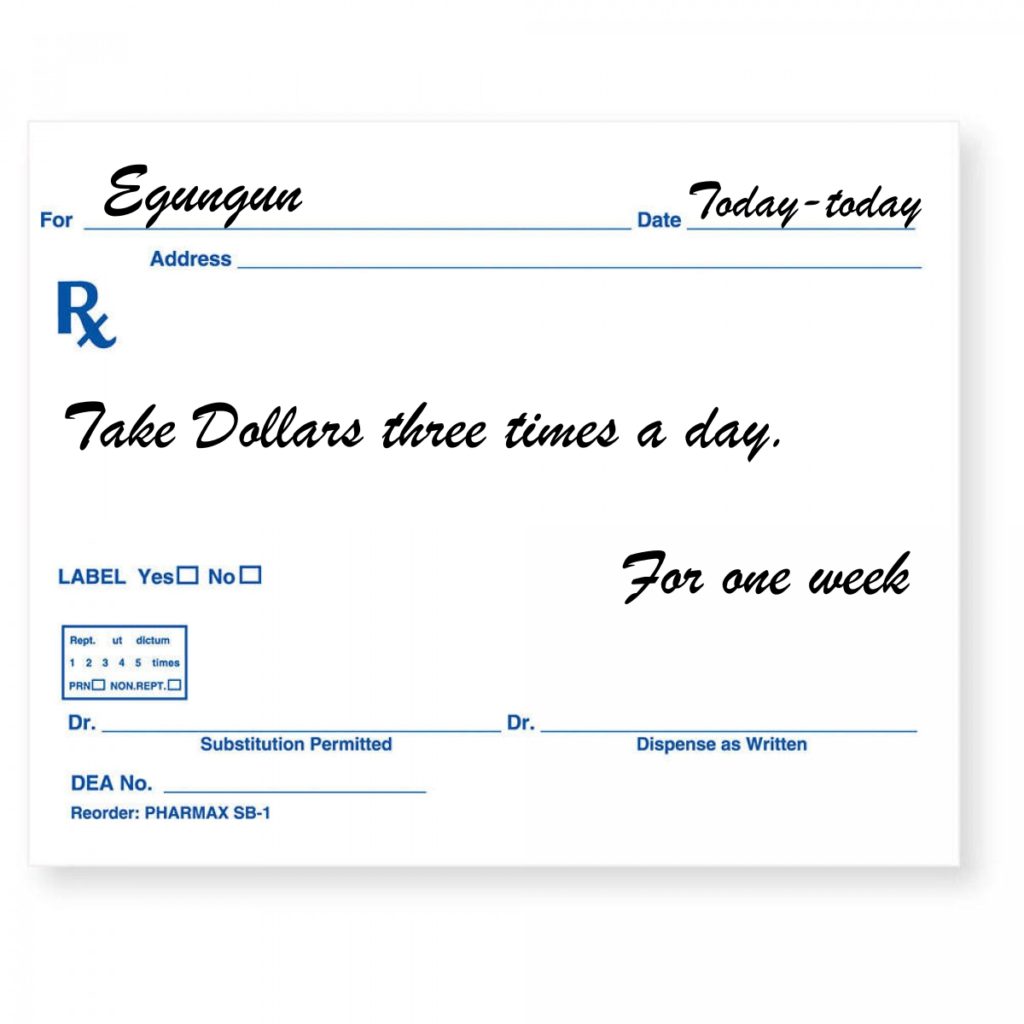A Week In The Life” is a weekly Zikoko series that explores the working-class struggles of Nigerians. It captures the very spirit of what it means to hustle in Nigeria and puts you in the shoes of the subject for a week.
The subject of today’s “A Week In The Life” is a shipping agent. Shipping agents help people buy goods from sites like Amazon and eBay. They can bypass the dollar limit on cards and the heavy custom duties. Our subject talks to us about how the pandemic, exchange rate and Nigeria affects his business.

MONDAY:
I didn’t sleep until 3 a.m. last night because I was browsing the internet for things I could import to sell. I haven’t found anything, yet, but it’s a matter of time before something comes up.
I hate waking up early, and that’s why I’m up at 10 a.m. today.
My primary source of income comes from buying and shipping goods into Nigeria. The job is flexible enough that I get to control my time, so I can afford to do market research and proper product vetting.
I’m also a general hustler — I design, print, advertise and conduct market research. As the spirit leads.
I’m also enrolled in a finance course to understand what it takes to properly run a business. A typical day for me involves either waking up to fulfil shipping orders or waking up to go for lectures. The only reason I can afford to wake up late is that I’m only fulfilling orders today. And because I’m doing it from home, there’s not a lot of pressure.
Apart from the flexibility, the best part of the job is helping people solve their problems. And the resulting credit alerts after I’m done.
TUESDAY:
Because of the $100 limit on Nigerian cards and exorbitant custom fees, people always need my expertise. I ship goods in from China, UK and the US. All I require from my customer is a link to their desired item. Then I handle the rest.
I also bring in custom products for sale. One aspect I’m really into is called private labelling. Companies have a ready-made product in this model and they don’t mind slapping anyone’s label on it. As long as you can pay, these companies are game.
My most successful privately labelled product is the anti-glare glasses. While looking through my sales history today, I noticed I had gone from selling 10 units in a day to selling 100 units in two weeks. I’m making a profit of about ₦1,000 per unit, and that’s not bad at all.
I’m constantly looking for the next hot thing to import and sell. This involves me begging certain questions like, what are people searching for? And then using Google trends to collect that data.
It was through trends I noticed the demand for antiglare glasses in Lagos. Through trends, I also observed that the North has a higher demand for sex toys than the South. What’s the moral of the story here? Always check the data before you touch any product. If not, it’ll end in proper tears.
WEDNESDAY:
Two things are the bane of my existence in this business: scammers and the dollar exchange rate. I have no control over the price of the dollar, but I try my best to prevent scammers.
Because a lot of my clients are purchasing from third party websites, I always tell them to be careful. If the price looks too good to be true, then it’s probably a scam.
But not everyone listens.
Some clients are adamant and insist I can’t tell them what to do. I try my very best with each customer to personally vet their orders. I click on their links and read reviews about the seller. If the seller has less than 10 reviews, I flag them and inform my customer.
Customers who like awoof will laugh at you. But some that trust my expertise will listen. I remember a customer who sent me a link for iPhone 11 Promax for $350. And the seller he wanted to use had zero reviews. After explaining why it was a scam to him, he cancelled the order.
But it doesn’t always end like this. Today, I went to pick up an order for a customer that I also advised against buying a product. He ordered for dirt cheap Airpods Pro, but on opening the box, I saw knock off China earphones.
Of course, I was sad because of the time and money spent, but there’s only so little I can do when people don’t listen to me. At the end of the day, it’s their money, and customers are always right.
THURSDAY:
My business is at the mercy of many things: pandemic, dollar price, shipping agents.
Before the pandemic, it used to take 5–7 days to ship orders from our warehouse abroad to Nigeria. Now, it takes 14–21 days. And this is minus Nigerian factors like strike, delays, clearance etc.
Then there are import rates. Since I started this business, I’ve never increased the amount I charge my customers. However, my price has gone up from ₦2,500/lb to ₦2800/lb. Why? The naira keeps sinking into the ground. And because import rates are fixed in dollars, I have to reflect in my prices.

The only saving grace is that my shipment is still more affordable than traditional bodies like DHL or FedEx. While these bodies handle the whole process from pickup to shipping to delivery, my method is different.
My customers send their goods to my foreign address/warehouse. Then I gather the goods in bulk using a cargo airline. When it gets to Nigeria, the airline drops the package with clearing agents under NAHCO. I lean on NAHCO/SACHO agents who give me their rates and help me to clear out my goods. No payments to customs, no handling charges.
When I receive my goods, a dispatch rider goes to disburse them. Alternatively, I also arrange pickup from my house. Because of the lean model and plenty waka, my clients enjoy competitive rates.
If the naira was a bit more stable my customers would enjoy even more competitive rates. But alas, here we are.
FRIDAY:
I’m on the road as early as 8 a.m. today. I’m going for my ACCA lectures; classes start at 9 a.m. and end at 3 p.m.
After classes, I’m going to pick up new arrivals even though I’m already tired. This is the life I signed up for, so I’m not complaining too much. Just enough.
I have ambitious plans for this business. I want to upgrade the company from a business name to a limited liability company. I also want to get a proper office space so I can stop working from home and get staff.
Eventually, I want to bring in custom products in bulk — winning products selected by me. Then I plan to establish a network of distributors to move these products.
I’m working so hard so that I can be a successful businessman. I want to be the type that people call importer-exporter, pure water.
Check back every Tuesday by 9 am for more “A Week In The Life ” goodness, and if you would like to be featured or you know anyone who fits the profile, fill this form.
[donation]




